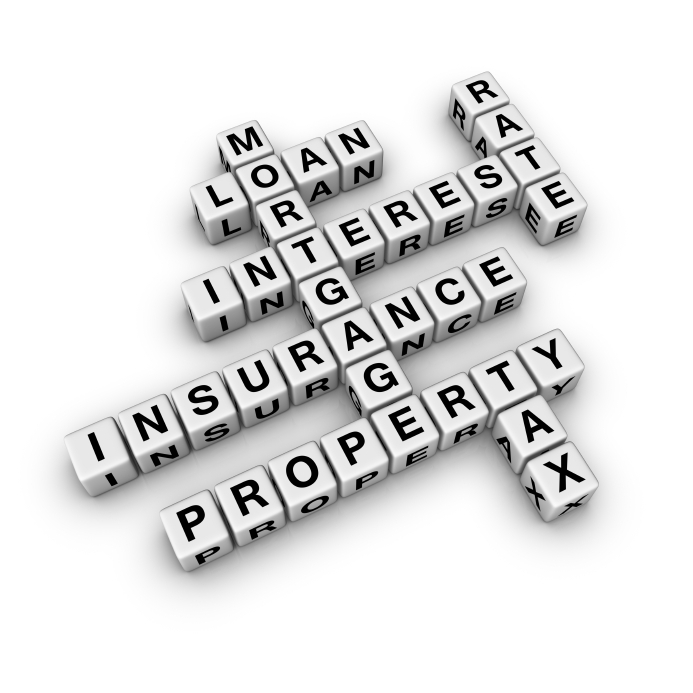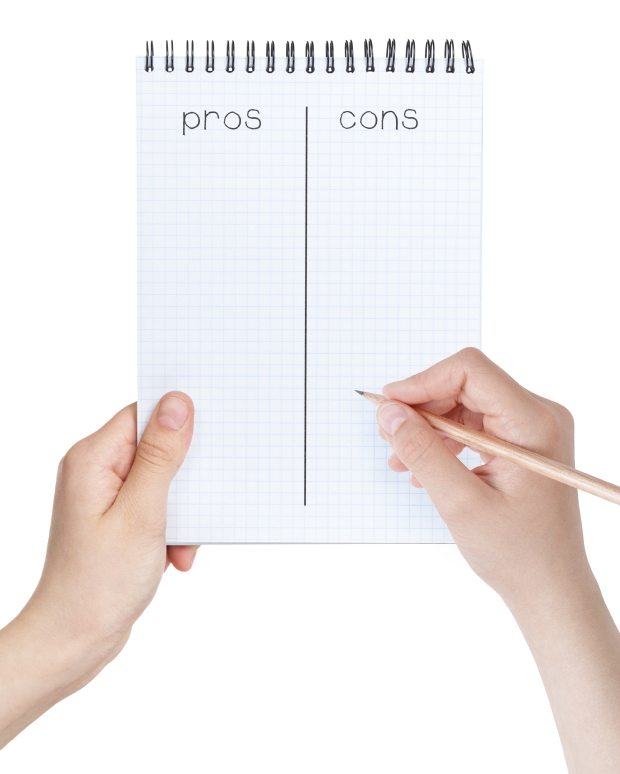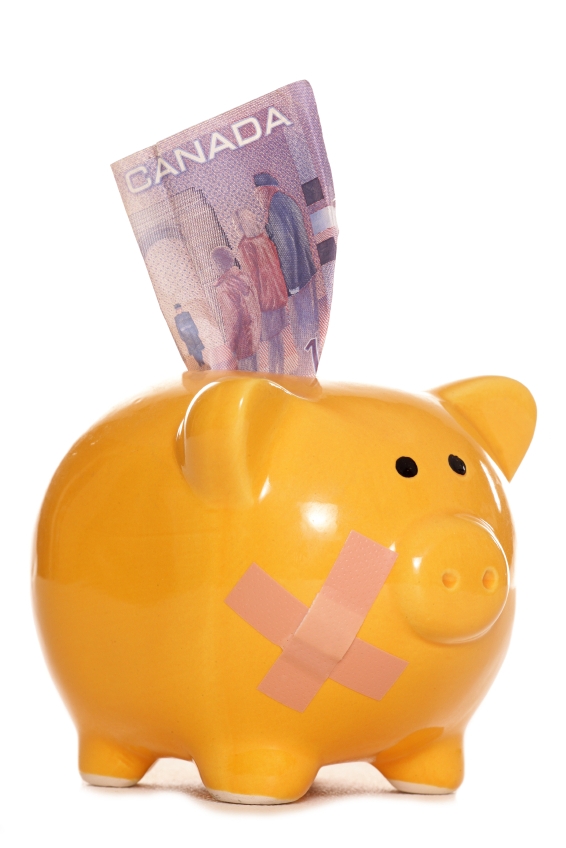Bulk up your down payment with help from your Registered Retirement Savings Plan.
 The Home Buyers’ Plan (HBP) is a program from the Government of Canada that allows first time home buyers to withdraw up to $25,000 from their RRSP towards their Canadian mortgage rate down payment for their first home, tax free.
The Home Buyers’ Plan (HBP) is a program from the Government of Canada that allows first time home buyers to withdraw up to $25,000 from their RRSP towards their Canadian mortgage rate down payment for their first home, tax free.
How Does the Home Buyer’s Plan Work?
You can use your RRSP to help buy a new home, but in order to ensure the withdrawals are tax free, there are a number of conditions and requirements that apply.
- You must be a first time home buyer, and a Canadian residentTo participate in the Home Buyers’ Plan (HBP) for your best mortgage rate, you must be a first time home buyer and a resident of Canada at the withdrawal time. You may only be considered as a first time home buyer if you, and / or your spouse haven’t owned and lived in a primary residence for at least four years before the date of the RRSP withdrawal.
- You and your partner can both withdraw up to $25,000.
If you are purchasing the home with a spouse, you can both withdraw $25,000 each from your RRSP accounts under the Home Buyer’s Plan. This means you could potentially have up to a total of $50,000 towards your first home, reducing your mortgage rate amount and payments, along with overall interest requirements. - The deal must close within one year.
The home must be purchased or built within one year of the withdrawal to apply for the Home Buyer’s Plan. - You have up to fifteen years to repay the amount
You have up to fifteen years to repay the amount you withdrew starting the second year after you made the withdrawal. Each year, you must pay a minimum of 1/15 of the withdrawn amount. For example, if you withdrew $15,000, then each year you would have to pay back $1,000 to your RRSP. If you skip a payment, then the payment amount will be counted as income and you will need to pay taxes on it.
Restrictions of the Home Buyer’s Plan
Any RRSP contributions made less than 90 days before the withdrawal date cannot be used towards the Home Buyer’s Plan.


